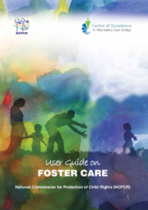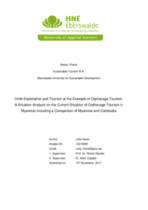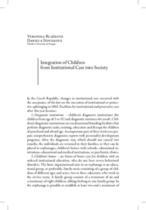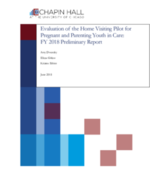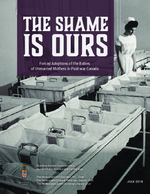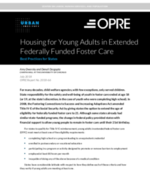Potential Child Health Consequences of the Federal Policy Separating Immigrant Children From Their Parents
This article from JAMA explores the health consequences for children who have been separated from their parents at the U.S. border with Mexico.

